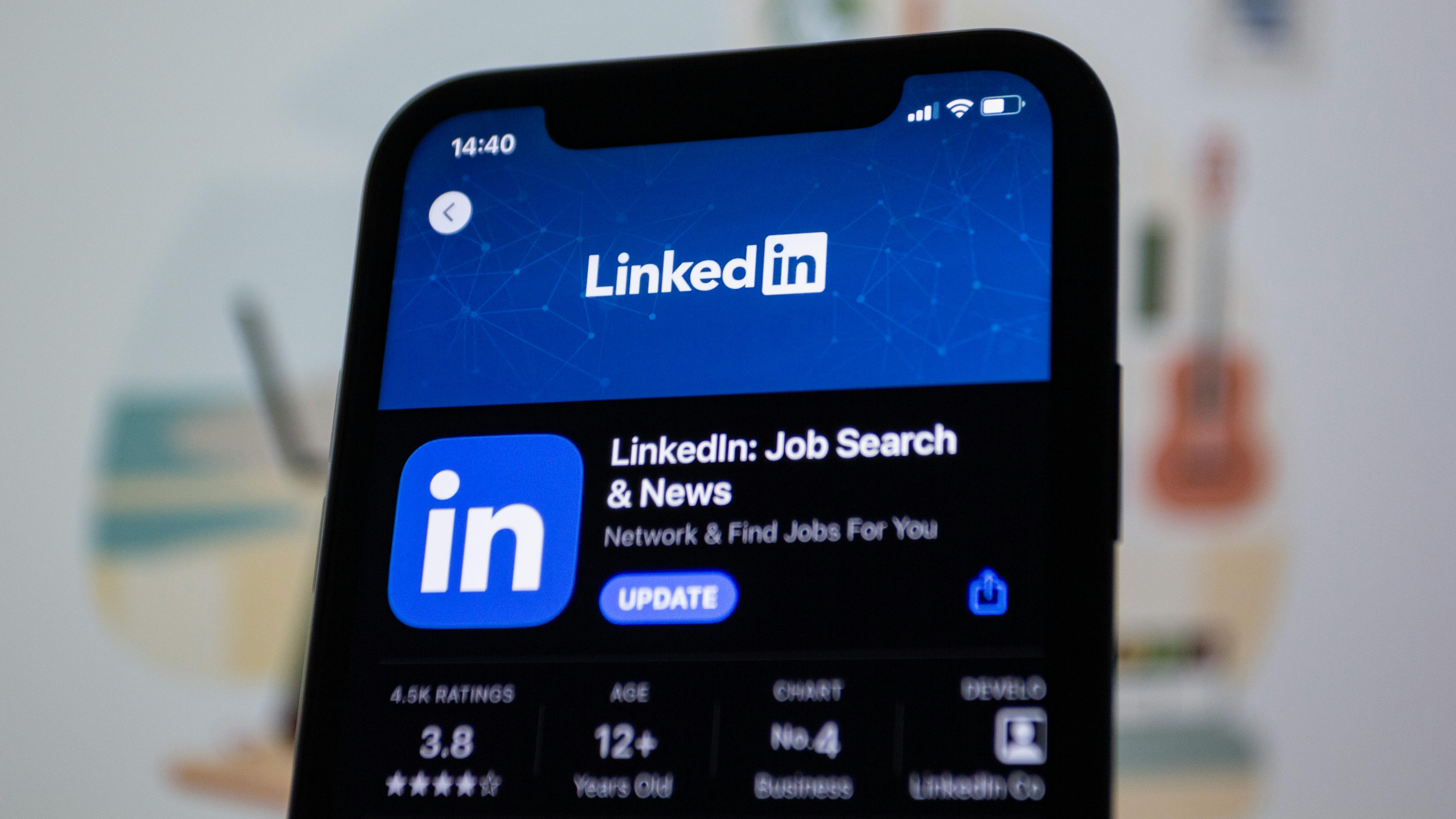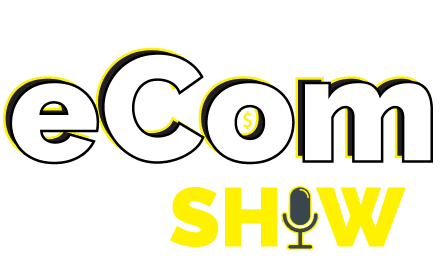Do Meta Ads Kill Your Instagram Organic Reach? Marketing Experts Share Their Real Experience
Do Meta Ads Kill Your Instagram Organic Reach? Marketing Experts Share Their Real Experience




The eCom Mafia
The eCom Mafia
Discussions
Discussions
•
May 30, 2025
May 30, 2025
The debate around whether running Meta ads affects Instagram organic reach has been ongoing among digital marketers. Recently, members of The eCom Mafia community shared their firsthand experiences and strategies, revealing some surprising insights that challenge conventional wisdom.
The Poll Results That Started It All
A recent poll within the community asked: "Have you noticed a change in your organic reach after running Meta ads?" The results were telling:
65% experienced a drop in organic reach after running Meta ads
0% saw no impact from ads on their organic reach
35% were unsure about the correlation
These results sparked an in-depth discussion that revealed nuanced strategies for managing both organic content and paid advertising on Instagram.
Expert Perspectives: Quality Content vs. Algorithm Impact
The Content-First Approach
Sreerag Ar, with 7 years of Meta advertising experience, firmly believes in the content-first philosophy. His recent success story proves this point: one of his Instagram posts reached 20 million views while the same content on YouTube garnered less than 100,000 views.
"If content is good, reach will follow, whether you run ads or not," Sreerag emphasized, highlighting that platform-specific performance varies significantly.
Platform-Specific Performance Differences
Another community member shared contrasting results between platforms, which aligns with strategies taught in Warikoo's Instagram course:
YouTube: 10,000 views in 24 hours with only 96 followers
Instagram: 5,500 views with 3,200 followers for the same content
This disparity highlights Instagram's increased competition, where content needs to be "likeable, shareable, and relatable" to achieve viral status. The platform now primarily pushes content to niche-specific audiences rather than broad distribution.
Strategic Insights from Industry Specialists
The Dual-Page Strategy
Akhil Jijo from Collabo observed significant organic reach drops when running ads on content pages. His dashboard data clearly showed that while ads can scale good-performing videos, they negatively impact consistent account reach.
His recommended solution? Implement a dual-page strategy:
Organic Content Page: Focus on authentic engagement and community building
Performance Marketing Page: Dedicated to clean promotional content and advertising
Best Practices for Dual-Page Management
Akhil outlined a systematic approach:
Post content first on the organic page to build genuine engagement
Keep the ads page minimal with only promotional content
Use Ads Manager with unpublished posts instead of direct boosting
Maintain aesthetic branding on the ads page for premium appeal
Advanced Strategies: Timing and Content Optimization
When NOT to Run Ads
Sunil from IBgram provided crucial timing insights based on extensive client work:
Avoid running ads immediately after posting content intended for organic reach
Don't advertise already-performing videos - focus on content improvement instead
Consider ads only for conversion-focused campaigns with existing followers
The Instagram Trial Feature: A Game-Changer
One of the most valuable insights shared was leveraging Instagram's Trial feature for A/B testing:
Benefits of Trial Feature:
Test different hooks, captions, and timing
Reach non-followers exclusively
Get approximately 25% of average reach consistently
Repost high-performing old content effectively
Trial Feature Strategy:
Create 3 variations of your video content
Test them in Trial before main posting
Identify the best performer through data
Repost the winner on main feed for stronger organic reach
Content Recycling Through Trials
An innovative approach involves reposting successful old content through Trials:
Take top-performing historical content
Make minor edits (hooks, music, timing)
Test engagement through Trial feature
Repost successful versions on main feed
This strategy consistently shows better organic distribution in 90% of cases tested.
Key Takeaways for Instagram Marketing Success
For Organic Reach Optimization:
Prioritize content quality over advertising spend
Use platform-specific strategies - what works on YouTube may not work on Instagram
Leverage Instagram's Trial feature for A/B testing and content recycling
Consider dual-page strategies to separate organic and paid efforts
For Paid Advertising:
Don't rush to advertise new content - let organic performance establish first
Focus ads on conversion goals rather than reach metrics
Use unpublished posts in Ads Manager for cleaner campaign management
Target existing followers for specific conversion campaigns
Building Long-term Success:
Develop an engaged community before scaling advertising efforts
Build trust and consistency in content delivery
Focus on niche-specific audiences rather than broad reach
Test consistently using Instagram's built-in features
The Bottom Line
The consensus from Junaid of B4Brain and other experts is that ads don't significantly affect organic reach when the content strategy is solid. Success comes from understanding platform algorithms, timing your campaigns correctly, and maintaining a strong content foundation.
The most successful approach combines high-quality, engaging content with strategic use of Instagram's native features like Trials, supplemented by carefully timed advertising campaigns focused on conversion rather than reach.
As Instagram continues evolving its algorithm, staying updated with platform features and maintaining a content-first approach remains the key to sustainable growth in both organic reach and advertising performance.
The debate around whether running Meta ads affects Instagram organic reach has been ongoing among digital marketers. Recently, members of The eCom Mafia community shared their firsthand experiences and strategies, revealing some surprising insights that challenge conventional wisdom.
The Poll Results That Started It All
A recent poll within the community asked: "Have you noticed a change in your organic reach after running Meta ads?" The results were telling:
65% experienced a drop in organic reach after running Meta ads
0% saw no impact from ads on their organic reach
35% were unsure about the correlation
These results sparked an in-depth discussion that revealed nuanced strategies for managing both organic content and paid advertising on Instagram.
Expert Perspectives: Quality Content vs. Algorithm Impact
The Content-First Approach
Sreerag Ar, with 7 years of Meta advertising experience, firmly believes in the content-first philosophy. His recent success story proves this point: one of his Instagram posts reached 20 million views while the same content on YouTube garnered less than 100,000 views.
"If content is good, reach will follow, whether you run ads or not," Sreerag emphasized, highlighting that platform-specific performance varies significantly.
Platform-Specific Performance Differences
Another community member shared contrasting results between platforms, which aligns with strategies taught in Warikoo's Instagram course:
YouTube: 10,000 views in 24 hours with only 96 followers
Instagram: 5,500 views with 3,200 followers for the same content
This disparity highlights Instagram's increased competition, where content needs to be "likeable, shareable, and relatable" to achieve viral status. The platform now primarily pushes content to niche-specific audiences rather than broad distribution.
Strategic Insights from Industry Specialists
The Dual-Page Strategy
Akhil Jijo from Collabo observed significant organic reach drops when running ads on content pages. His dashboard data clearly showed that while ads can scale good-performing videos, they negatively impact consistent account reach.
His recommended solution? Implement a dual-page strategy:
Organic Content Page: Focus on authentic engagement and community building
Performance Marketing Page: Dedicated to clean promotional content and advertising
Best Practices for Dual-Page Management
Akhil outlined a systematic approach:
Post content first on the organic page to build genuine engagement
Keep the ads page minimal with only promotional content
Use Ads Manager with unpublished posts instead of direct boosting
Maintain aesthetic branding on the ads page for premium appeal
Advanced Strategies: Timing and Content Optimization
When NOT to Run Ads
Sunil from IBgram provided crucial timing insights based on extensive client work:
Avoid running ads immediately after posting content intended for organic reach
Don't advertise already-performing videos - focus on content improvement instead
Consider ads only for conversion-focused campaigns with existing followers
The Instagram Trial Feature: A Game-Changer
One of the most valuable insights shared was leveraging Instagram's Trial feature for A/B testing:
Benefits of Trial Feature:
Test different hooks, captions, and timing
Reach non-followers exclusively
Get approximately 25% of average reach consistently
Repost high-performing old content effectively
Trial Feature Strategy:
Create 3 variations of your video content
Test them in Trial before main posting
Identify the best performer through data
Repost the winner on main feed for stronger organic reach
Content Recycling Through Trials
An innovative approach involves reposting successful old content through Trials:
Take top-performing historical content
Make minor edits (hooks, music, timing)
Test engagement through Trial feature
Repost successful versions on main feed
This strategy consistently shows better organic distribution in 90% of cases tested.
Key Takeaways for Instagram Marketing Success
For Organic Reach Optimization:
Prioritize content quality over advertising spend
Use platform-specific strategies - what works on YouTube may not work on Instagram
Leverage Instagram's Trial feature for A/B testing and content recycling
Consider dual-page strategies to separate organic and paid efforts
For Paid Advertising:
Don't rush to advertise new content - let organic performance establish first
Focus ads on conversion goals rather than reach metrics
Use unpublished posts in Ads Manager for cleaner campaign management
Target existing followers for specific conversion campaigns
Building Long-term Success:
Develop an engaged community before scaling advertising efforts
Build trust and consistency in content delivery
Focus on niche-specific audiences rather than broad reach
Test consistently using Instagram's built-in features
The Bottom Line
The consensus from Junaid of B4Brain and other experts is that ads don't significantly affect organic reach when the content strategy is solid. Success comes from understanding platform algorithms, timing your campaigns correctly, and maintaining a strong content foundation.
The most successful approach combines high-quality, engaging content with strategic use of Instagram's native features like Trials, supplemented by carefully timed advertising campaigns focused on conversion rather than reach.
As Instagram continues evolving its algorithm, staying updated with platform features and maintaining a content-first approach remains the key to sustainable growth in both organic reach and advertising performance.
More Blogs Like This


May 31, 2025
Scaling Luxury D2C Brands: Expert Insights and Proven Strategies for Success
Discussions


May 30, 2025
Do Meta Ads Kill Your Instagram Organic Reach? Marketing Experts Share Their Real Experience
Discussions


May 3, 2025
Top AI Coding Tools in 2025: The eCom Mafia Community Weighs In
Discussions


Apr 27, 2025
LinkedIn Connection Strategies: Insights from Top E-Commerce Entrepreneurs
Discussions


